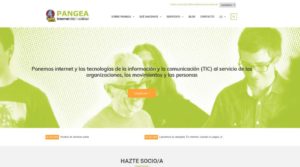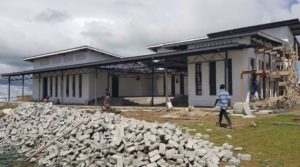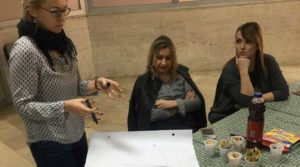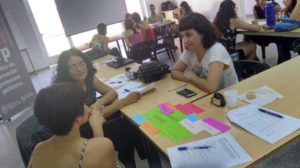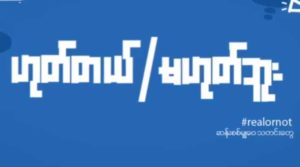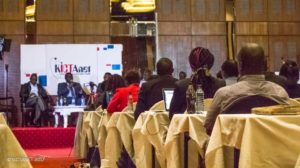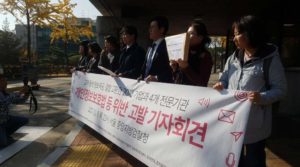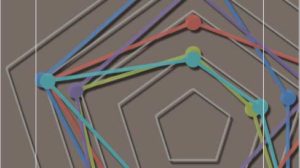A legal notice has been issued by VOICE to the Secretary of Posts and Telecommunications and Chairman of the Bangladesh Telecommunications Regulatory Commission (BTRC) demanding protection of the rights of mobile consumers and particularly the right to privacy. The notice was issued by VOICE’s legal adviser, Advocate Tanzim Al Islam, on 5 November 2017.
Mobile phone users of Bangladesh have been suffering from disturbances caused by unwanted calls and text messages from mobile operating companies that promote and advertise their products without considering subscribers’ personal daily life routines and customers’ interest, which constitutes a public annoyance.
No specific legal framework exists to control disturbances caused by the mobile operators. Thus the legal notice urged the authorities to take steps immediately for establishing a guideline or policy regarding telecommunication consumer protection for controlling unwanted calls and text messages from mobile operators and protecting the right to privacy of consumers.
The notice also stated that if the authorities fail to comply with the right to privacy of consumers, that matter would be taken further to Public Interest Litigation under Article 102 of the Constitution of the Peoples’ Republic of Bangladesh in the Supreme Court of Bangladesh seeking proper justice.
Image source: Byron Barrett on Flickr.

